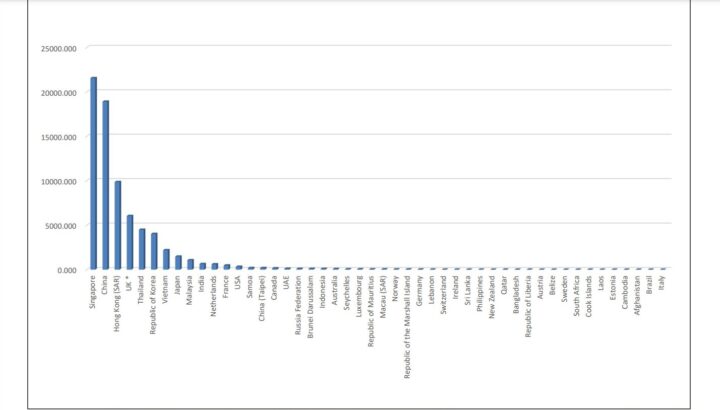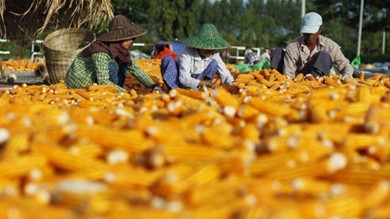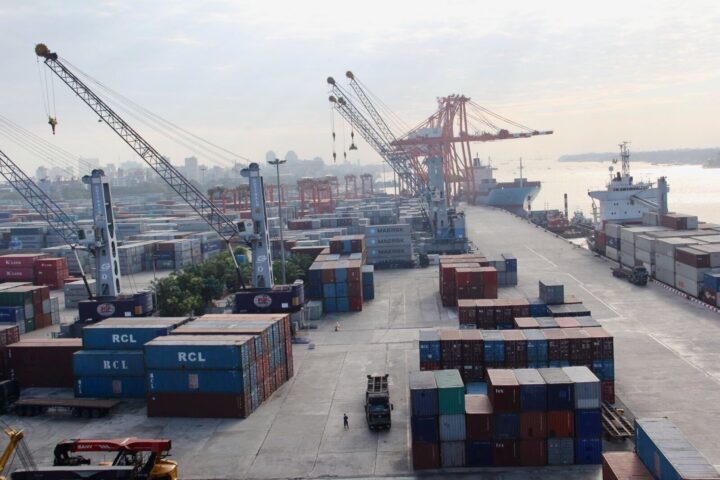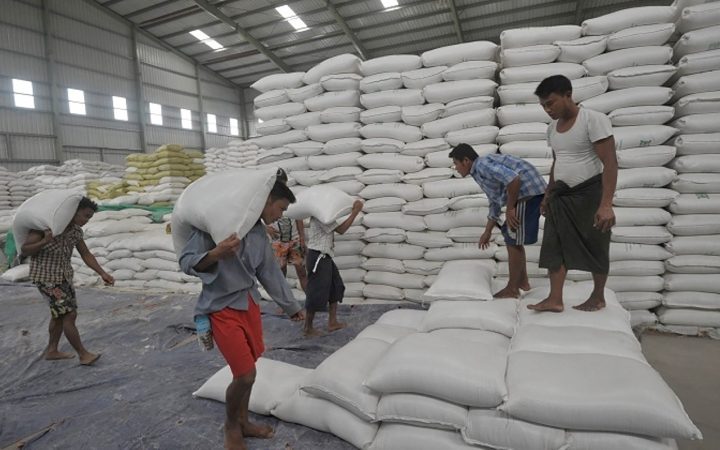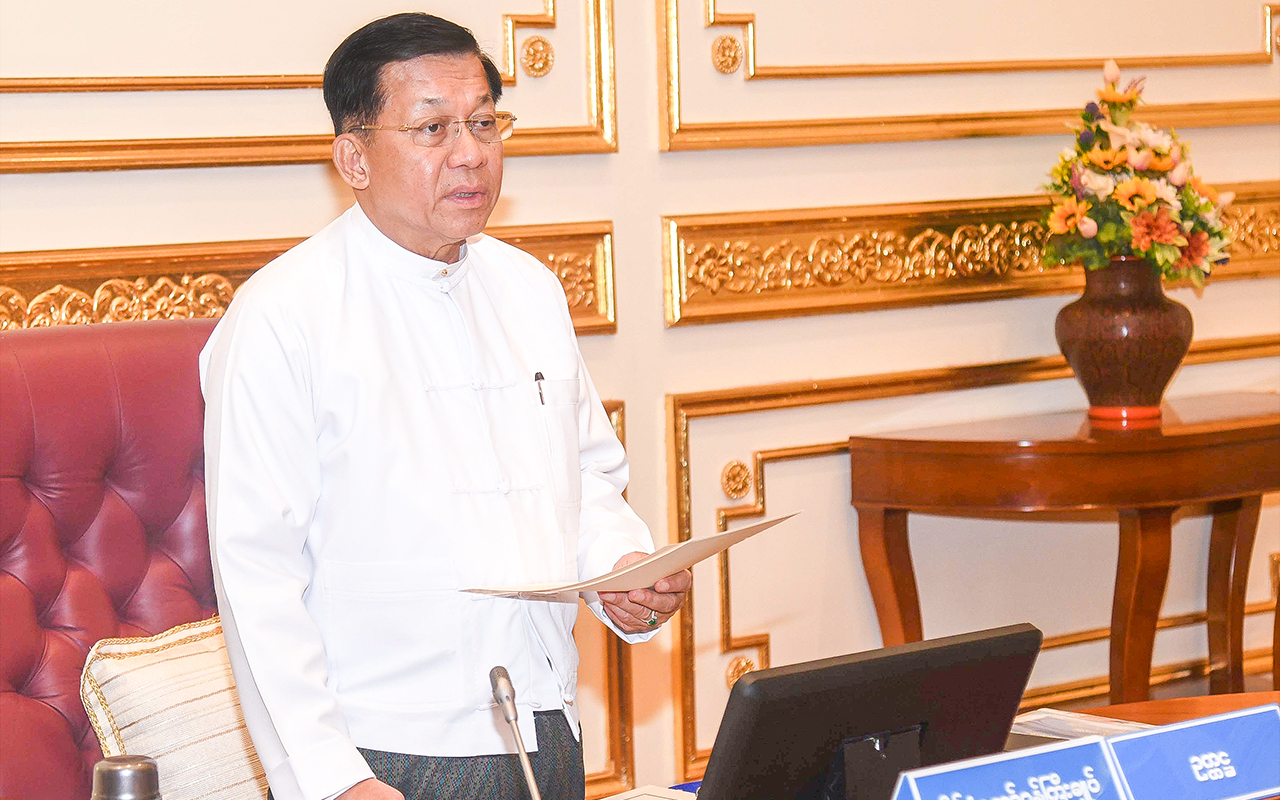Only six trucks per day allowed in entering at Tachilek – Mae Sai border after negotiations between countries
6 ตุลาคม 2563
The surge in coronavirus cases in Myanmar led Thailand to close its border area in Mae Sai recently. Only six lorries are now allowed on Tachilek-Mae Sai bridge per day after negotiations of the two countries, stated the Union of Myanmar Federation of Chambers of Commerce and Industry (UMFCCI) in its news release. Following the coronavirus resurgences in Myanmar, Thailand imposed a ban on Myanmar’s trucks plying through Tachilek-Mae Sai No.2 Friendship Bridge on 15 September. Myanmar officials were prompt to negotiate with Thailand counterparts in the afternoon of 16 September, and six trucks will be allowed for entry and exit on the bridge.
The entry and exit restriction will undoubtedly hinder the flow of goods. The truck drivers are issued entry cards. They will be fined 100,000 baht or one-year imprisonment if they violate the rules published in Chiang Rai province, the UMFCCI stated.
Between 1 October and 4 September in the current financial year 2019-2020, Tachilek border trade topped over US$137 million, with exports worth $65.53 million and imports valued $71.54 million, the Commerce Ministry’s data indicated.
Myanmar primarily exports garlic, rubber, onion, dried tea leaf, pasteboard, manganese dioxide, used glass and plastic bottles and bark through Tachilek border. At the same time, it imports cement, gasoline, diesel, two-wheel tractor, iron rod, detergent powder, building materials and aviation fuel. Besides Tachilek, Myanmar is carrying out border trade with the neighbouring country Thailand through Myawady, Myeik, Mawtaung, Hteekhee, Kawthoung and Maese border areas respectively. Among them, Hteekhee performed the most extensive trade in border trade with Thailand, followed by Myawady.
Through the remaining border areas, Myanmar exports natural gas, fishery products, coal, tin concentrate (SN 71.58 per cent), coconut (fresh and dry), beans, corns and bamboo shoots to Thailand. This year, corn exports to Thailand rose significantly compared with the previous years, yet natural gas export drastically plunged. It imports capital goods such as machinery, raw industrial goods such as cement and fertilizers, and consumer goods such as cosmetics and food products from the neighbouring country. — Ko Htet (Translated by Ei Myat Mon)
(The Global New Light of Myanmar: https://www.gnlm.com.

